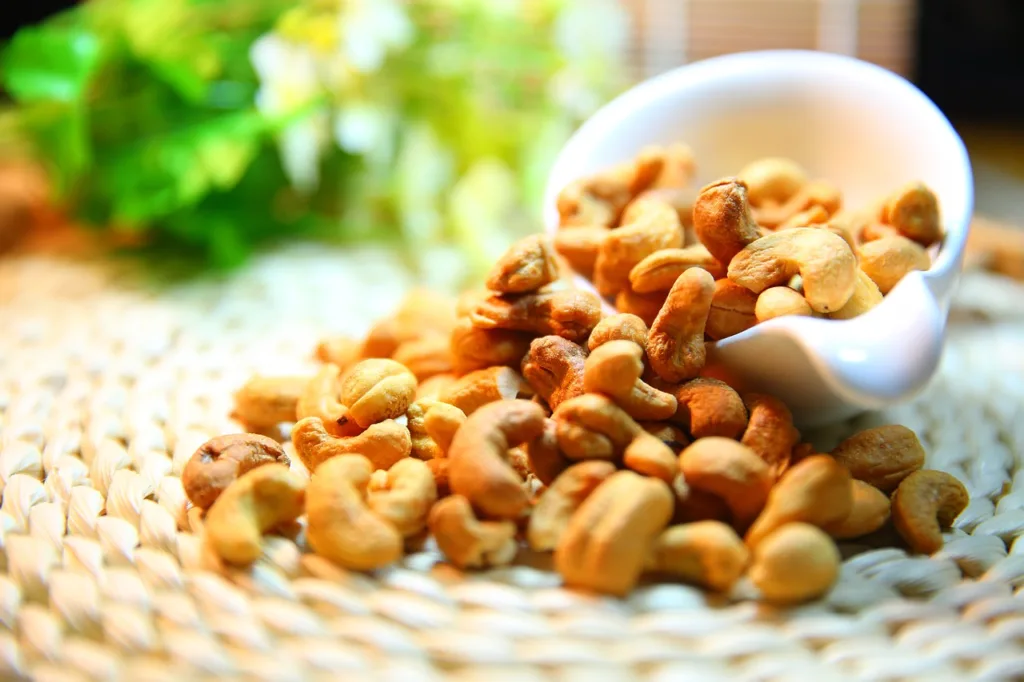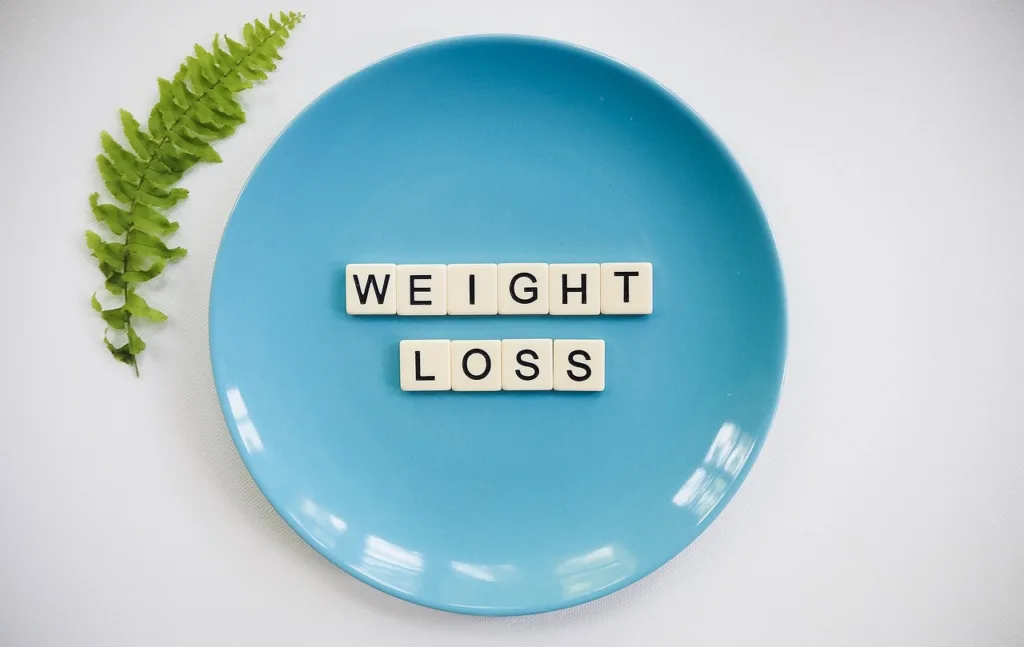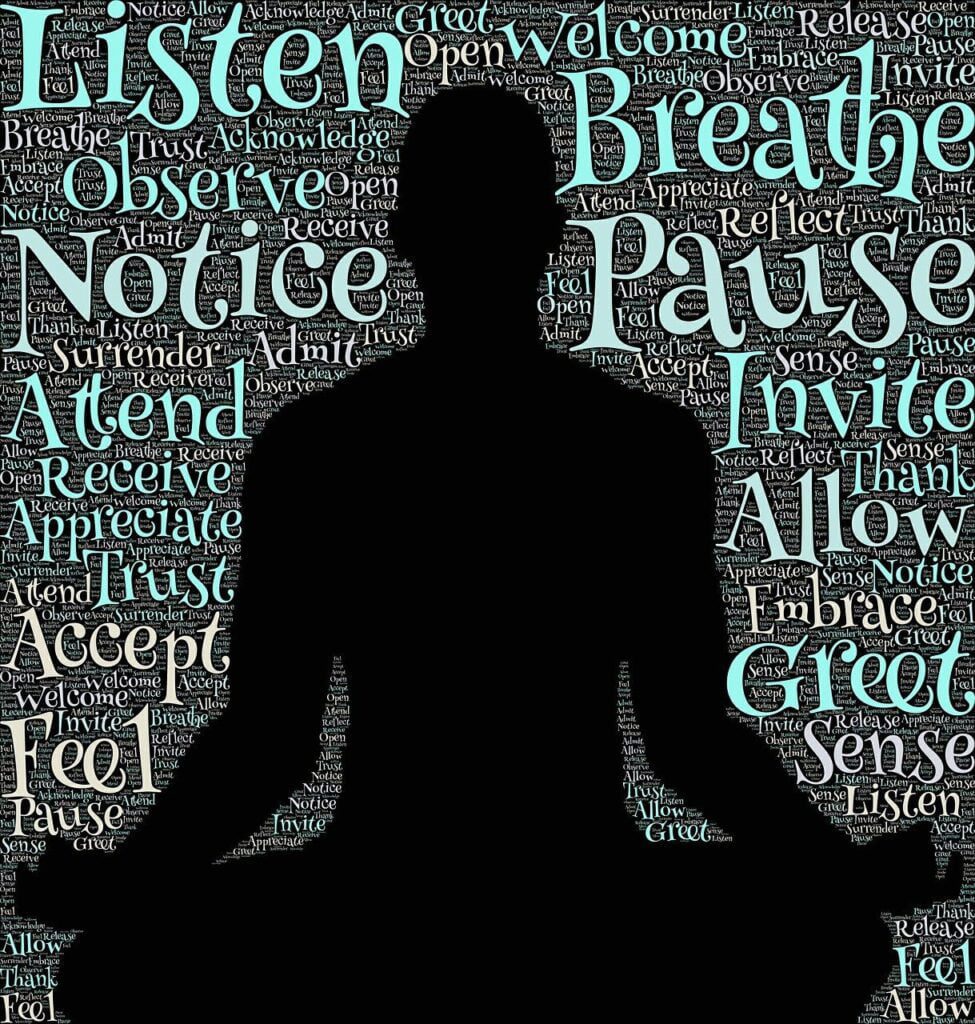Losing weight is a daunting task that requires discipline, consistency, and patience.
Many people struggle with weight loss despite trying different diets and exercise routines.
However, what if we told you that there’s a cheat code for fat loss that doesn’t involve strict diets or grueling workouts?
That’s right! Walking 10k steps and adopting a few other simple habits can help you shed those extra pounds and achieve your weight loss goals.
In this article, we’ll delve into “The Cheat Code for Fat Loss: Walking 10k Steps and 8 Other Habits You Need to Know.”
The Cheat Code for Fat Loss: Walking 10k Steps and 8 Other Habits You Need to Know
The Importance of Walking 10k Steps a Day
Walking is a simple yet effective exercise that can improve your health in many ways.
Walking 10k steps a day is a great way to burn calories, boost metabolism, and improve cardiovascular health.
Here are some reasons why you should aim for 10k steps a day:
- Burns Calories: Walking is a low-impact exercise that can burn up to 400 calories per hour.
- Walking 10k steps a day can burn up to 500 calories, which is equivalent to a 30-minute jog.
- Boosts Metabolism: Walking can increase your metabolism and help you burn more calories even when you’re not exercising.
- This is because walking activates your muscles and raises your heart rate, which boosts your metabolic rate.
- Improves Cardiovascular Health: Walking can lower your blood pressure, reduce your risk of heart disease, and improve your overall cardiovascular health.
The 8 Other Habits You Need to Know

Walking 10k steps a day is just one of the habits you need to adopt to achieve your weight loss goals.
Here are 8 other habits that can help you lose weight and improve your health:
Drink More Water

- Drinking water can help you feel full and reduce your appetite.
- Aim for at least 8 glasses of water a day.
- Staying hydrated is essential for good health.
- Drinking enough water each day can help you maintain a healthy weight, improve your digestion, and boost your energy levels.
- But did you know that drinking water can also help you feel full and reduce your appetite?
- When your body is dehydrated, it can be difficult to distinguish between thirst and hunger.
- This can lead to overeating and weight gain.
- By drinking more water, you can help your body stay hydrated and reduce your appetite, leading to a decrease in overall calorie intake.
- Aim for at least 8 glasses of water a day, or more if you are physically active or live in a hot climate.
- Drinking water throughout the day can also help regulate your body temperature and keep you feeling energized.
- In addition to reducing your appetite, drinking water can also help improve your digestion.
- Water helps break down food and move it through your digestive system.
- This can prevent constipation and bloating, which can make you feel uncomfortable and sluggish.
- If you struggle to drink enough water each day, try carrying a reusable water bottle with you throughout the day.
- Set reminders on your phone or computer to drink water at regular intervals.
- You can also try adding fresh fruit or herbs to your water for a refreshing and flavorful twist.
- Drinking enough water is an easy and inexpensive way to improve your overall health and wellbeing.
- By staying hydrated, you can reduce your appetite, improve your digestion, and feel more energized throughout the day.
- So go ahead and drink up – your body will thank you!
Eat More Protein

- Protein can help you feel full and reduce your appetite.
- Aim for at least 30% of your daily calories to come from protein.
- If you’re looking to improve your diet and maintain a healthy weight, increasing your protein intake may be a good place to start.
- Protein is an essential nutrient that plays a key role in building and repairing tissues, as well as supporting a healthy immune system.
- But did you know that eating more protein can also help you feel full and reduce your appetite?
- When you eat protein, your body takes longer to digest it than carbohydrates or fats.
- This means that you stay fuller for longer, which can help you eat less overall.
- In addition, protein has been shown to increase levels of hormones that signal fullness, such as leptin and peptide YY.
- Aim for at least 30% of your daily calories to come from protein.
- Good sources of protein include lean meats, fish, eggs, beans, and nuts.
- You can also incorporate protein powder into your diet by adding it to smoothies or oatmeal.
- In addition to helping you feel full, protein can also support a healthy metabolism.
- Protein has a high thermic effect, which means that your body burns more calories digesting protein than it does digesting carbohydrates or fats.
- If you’re trying to lose weight or maintain a healthy weight, increasing your protein intake can be an effective strategy.
- However, it’s important to remember that balance is key.
- Eating too much protein can put a strain on your kidneys and lead to other health problems.
- Aim for a balanced diet that includes a variety of nutrient-dense foods.
Get Enough Sleep

- Lack of sleep can disrupt your hormones and increase your appetite.
- Aim for at least 7-8 hours of sleep a night.
- Getting enough sleep is essential for good health.
- Sleep is a time when your body repairs and rejuvenates itself, and a lack of sleep can have negative effects on your physical and mental wellbeing.
- Did you know that lack of sleep can also disrupt your hormones and increase your appetite?
- When you don’t get enough sleep, your body produces more of the hormone ghrelin and less of the hormone leptin.
- Ghrelin is responsible for stimulating appetite, while leptin signals fullness.
- This imbalance can lead to increased feelings of hunger and a greater likelihood of overeating.
- Aim for at least 7-8 hours of sleep a night to help regulate your hormones and reduce your appetite.
- If you have trouble falling asleep, try establishing a consistent bedtime routine.
- This can include activities like taking a warm bath, reading a book, or practicing relaxation techniques like deep breathing or meditation.
- In addition to regulating your hormones, getting enough sleep can also improve your overall health.
- Sleep is essential for a healthy immune system, and a lack of sleep can make you more susceptible to illness and disease.
- Sleep also plays a role in regulating mood and cognitive function, and a lack of sleep can lead to irritability, anxiety, and difficulty concentrating.
- If you’re having trouble getting enough sleep, there are a variety of strategies you can try.
- These include avoiding caffeine and alcohol before bedtime, establishing a regular sleep schedule, and creating a comfortable sleep environment by keeping your bedroom cool, dark, and quiet.
Eat More Fiber

- Fiber can help you feel full and reduce your appetite.
- Aim for at least 25 grams of fiber a day.
- If you’re looking to improve your diet and maintain a healthy weight, increasing your fiber intake may be a good place to start.
- Fiber is an essential nutrient that plays a key role in maintaining digestive health and regulating blood sugar levels.
- But did you know that eating more fiber can also help you feel full and reduce your appetite?
- When you eat fiber, it absorbs water in your digestive system and expands, creating a feeling of fullness.
- This can help you eat less overall and reduce your calorie intake.
- In addition, fiber slows down the digestion of carbohydrates, which can help regulate blood sugar levels and prevent spikes and crashes in energy.
- Aim for at least 25 grams of fiber a day, which can be achieved by incorporating more fruits, vegetables, whole grains, and legumes into your diet.
- Good sources of fiber include berries, apples, spinach, broccoli, quinoa, brown rice, and lentils.
- In addition to helping you feel full, fiber can also support a healthy metabolism.
- Fiber has a low glycaemic index, which means that it doesn’t cause a rapid increase in blood sugar levels.
- This can help prevent insulin resistance and reduce the risk of type 2 diabetes.
- If you’re trying to lose weight or maintain a healthy weight, increasing your fiber intake can be an effective strategy.
- However, it’s important to remember that balance is key.
- Eating too much fiber can lead to digestive discomfort and other health problems.
- Aim for a balanced diet that includes a variety of nutrient-dense foods.
Eat More Fruits and Vegetables

- Fruits and vegetables are low in calories and high in nutrients.
- Aim for at least 5 servings of fruits and vegetables a day.
- Eating a diet rich in fruits and vegetables is essential for good health.
- Fruits and vegetables are low in calories and high in fiber, vitamins, and minerals.
- But did you know that incorporating more fruits and vegetables into your diet can also help you feel full and reduce your appetite?
- Fruits and vegetables are packed with fiber, which can help you feel full and satisfied after a meal.
- In addition, fruits and vegetables are low in calories, which means that you can eat larger portions without consuming too many calories.
- This can help you reduce your overall calorie intake and promote weight loss.
- Aim for at least 5 servings of fruits and vegetables a day, which can be achieved by incorporating them into every meal and snack.
- Good sources of fruits and vegetables include berries, apples, oranges, spinach, kale, broccoli, carrots, and bell peppers.
- In addition to helping you feel full, fruits and vegetables can also support a healthy metabolism.
- They are rich in antioxidants, which help protect your cells from damage and inflammation.
- This can reduce the risk of chronic diseases like heart disease, diabetes, and cancer.
- If you’re struggling to incorporate more fruits and vegetables into your diet, try experimenting with different recipes and cooking methods.
- Roasting vegetables or adding them to soups and stews can bring out their natural flavors and make them more appealing.
- You can also try adding fruits to your morning oatmeal or yogurt for a sweet and satisfying breakfast.
Reduce Your Stress

- Stress can increase your cortisol levels and make it harder to lose weight.
- Find ways to reduce your stress, such as meditation or yoga.
- Stress can have a significant impact on your overall health and wellbeing.
- When you experience stress, your body releases cortisol, a hormone that can increase your appetite and make it harder to lose weight.
- If you’re looking to maintain a healthy weight, finding ways to reduce your stress levels may be a good place to start.
- There are many effective strategies for reducing stress, including meditation, yoga, deep breathing, and mindfulness practices.
- These techniques can help you relax and reduce feelings of anxiety and tension.
- In addition to helping reduce cortisol levels and appetite, reducing stress can also improve your overall health.
- Chronic stress has been linked to a range of health problems, including high blood pressure, heart disease, and depression.
- Aim to incorporate stress-reducing activities into your daily routine.
- This can include taking a few minutes each day to practice deep breathing or mindfulness, or scheduling regular yoga or meditation sessions.
- You can also try incorporating other stress-reducing activities into your routine, such as spending time in nature, taking a warm bath, or spending time with loved ones.
- If you’re struggling to manage your stress levels, don’t hesitate to seek support.
- Talking to a therapist or counselor, or joining a support group, can help you develop effective coping strategies and manage your stress more effectively.
Avoid Processed Foods:

- Processed foods are high in calories, sugar, and unhealthy fats.
- Aim to eat whole, unprocessed foods as much as possible.
- Processed foods have become a staple of many people’s diets, but they can have negative effects on your health.
- These foods are often high in calories, sugar, and unhealthy fats, and they can contribute to weight gain, poor nutrition, and an increased risk of chronic diseases like heart disease and diabetes.
- Aim to eat whole, unprocessed foods as much as possible.
- These foods are typically lower in calories and higher in nutrients, which can help support a healthy weight and overall health.
- Good sources of whole foods include fruits, vegetables, whole grains, lean proteins, and healthy fats like nuts and seeds.
- In addition to improving your nutrition and supporting a healthy weight, avoiding processed foods can also help you reduce your intake of added sugars and unhealthy fats.
- These ingredients can contribute to inflammation, insulin resistance, and other health problems.
- If you’re struggling to incorporate more whole foods into your diet, try making small changes over time.
- Start by swapping out processed snacks for fresh fruit or vegetables or cooking more meals at home using whole ingredients.
- You can also try experimenting with new recipes that incorporate whole, unprocessed foods.
- It’s important to remember that balance is key.
- While avoiding processed foods is a good goal, it’s not always possible or practical.
- If you do choose to eat processed foods, aim to choose options that are lower in sugar and unhealthy fats, and try to balance them with plenty of whole, nutrient-dense foods.
Keep a Food Diary

- Keeping a food diary can help you track your calories and make healthier food choices.
- Keeping a food diary is a simple and effective way to track your daily food intake and make healthier food choices.
- By writing down everything you eat and drink, you can gain insight into your eating patterns and identify areas where you may be able to make improvements.
- A food diary can help you track your calorie intake and ensure that you are consuming the appropriate number of calories for your activity level and weight loss goals.
- This can be especially helpful for people who are trying to lose weight or maintain a healthy weight.
- In addition to tracking calories, a food diary can also help you identify patterns in your eating habits.
- For example, you may notice that you tend to snack more in the afternoon when you’re feeling stressed or that you eat larger portions when dining out with friends.
- This information can help you make adjustments to your eating habits and make healthier choices in the future.
- Keeping a food diary doesn’t have to be complicated or time-consuming.
- You can use a pen and paper or an app on your phone to track your food intake.
- Be sure to include everything you eat and drink, including snacks, beverages, and condiments.
- If you’re struggling to make healthier food choices or reach your weight loss goals, a food diary can be a valuable tool for accountability and motivation.
- Seeing your progress over time can help you stay motivated and committed to your goals.
FAQs
Q: Can walking alone help me lose weight?
A: Walking alone may not be enough to help you lose weight, but it can be a great addition to a healthy diet and exercise routine.
Q: Do I need to walk 10k steps a day every day?
A: Walking 10k steps a day is a great goal to aim for, but it’s not necessary to hit that number every single day. Any amount of walking is better than no walking, so start with what feels comfortable and gradually increase your steps over time.
Q: How long does it take to see results from walking and adopting these habits?
A: Results can vary depending on your starting weight, diet, and other lifestyle factors. However, with consistency and dedication, you can start to see results within a few weeks to a few months.
Q: Can I still enjoy my favorite foods while trying to lose weight?
A: Yes, you can still enjoy your favorite foods in moderation. It’s all about balance and making healthy choices most of the time.
Losing weight can be a challenge, but it doesn’t have to be complicated. Walking 10k steps and adopting a few simple habits can make a big difference in your weight loss journey. By drinking more water, eating more protein and fiber, getting enough sleep, reducing stress, and avoiding processed foods, you can create a healthy and sustainable lifestyle that supports your weight loss goals. So what are you waiting for? Start implementing “The Cheat Code for Fat Loss: Walking 10k Steps and 8 Other Habits You Need to Know” today and see the results for yourself!




